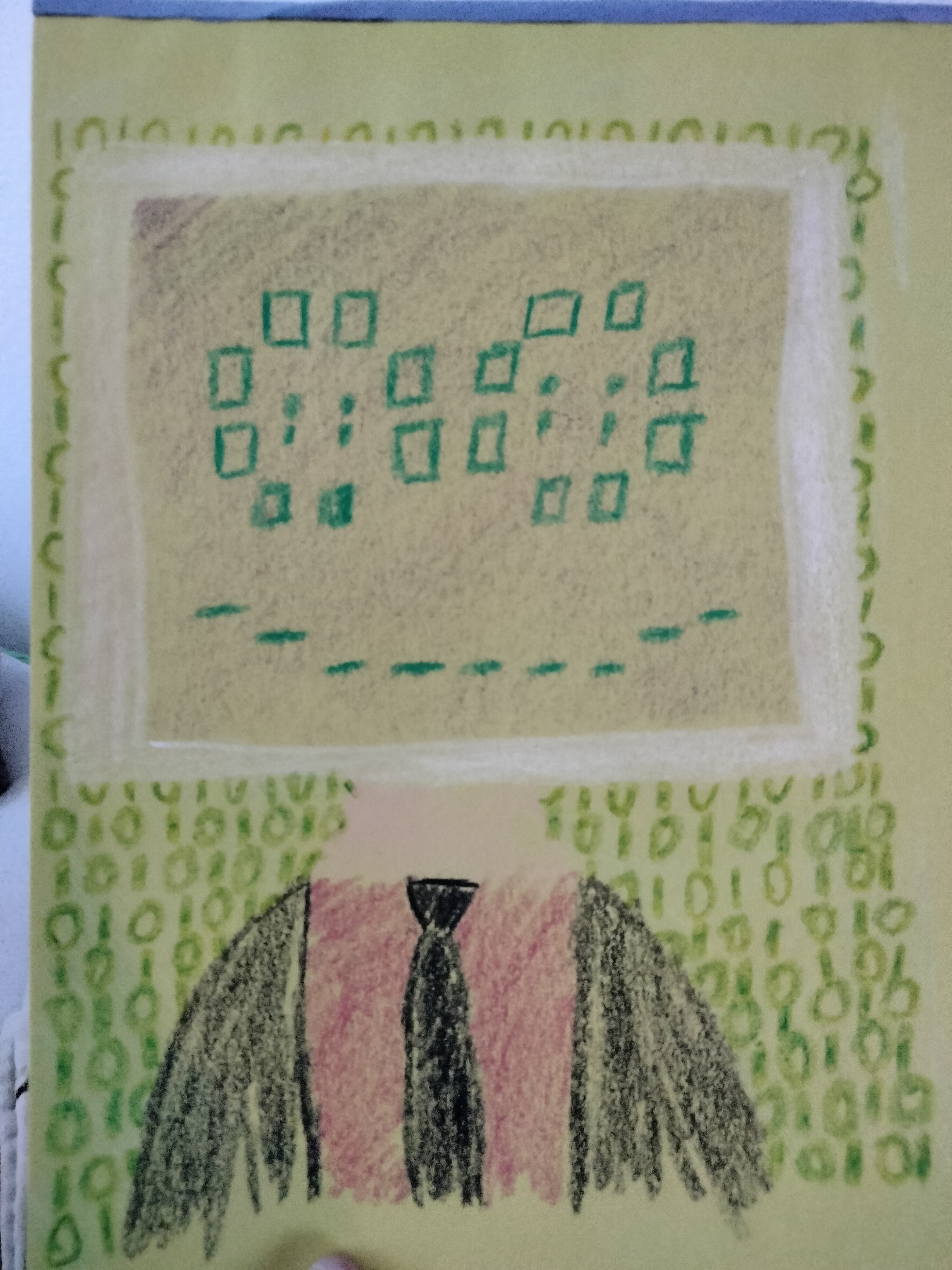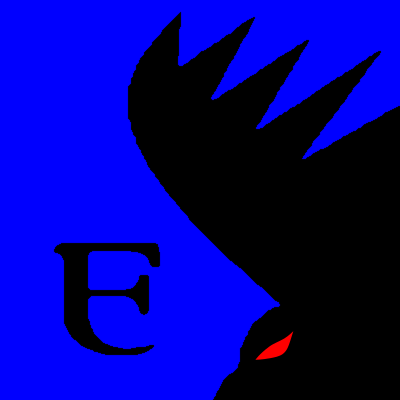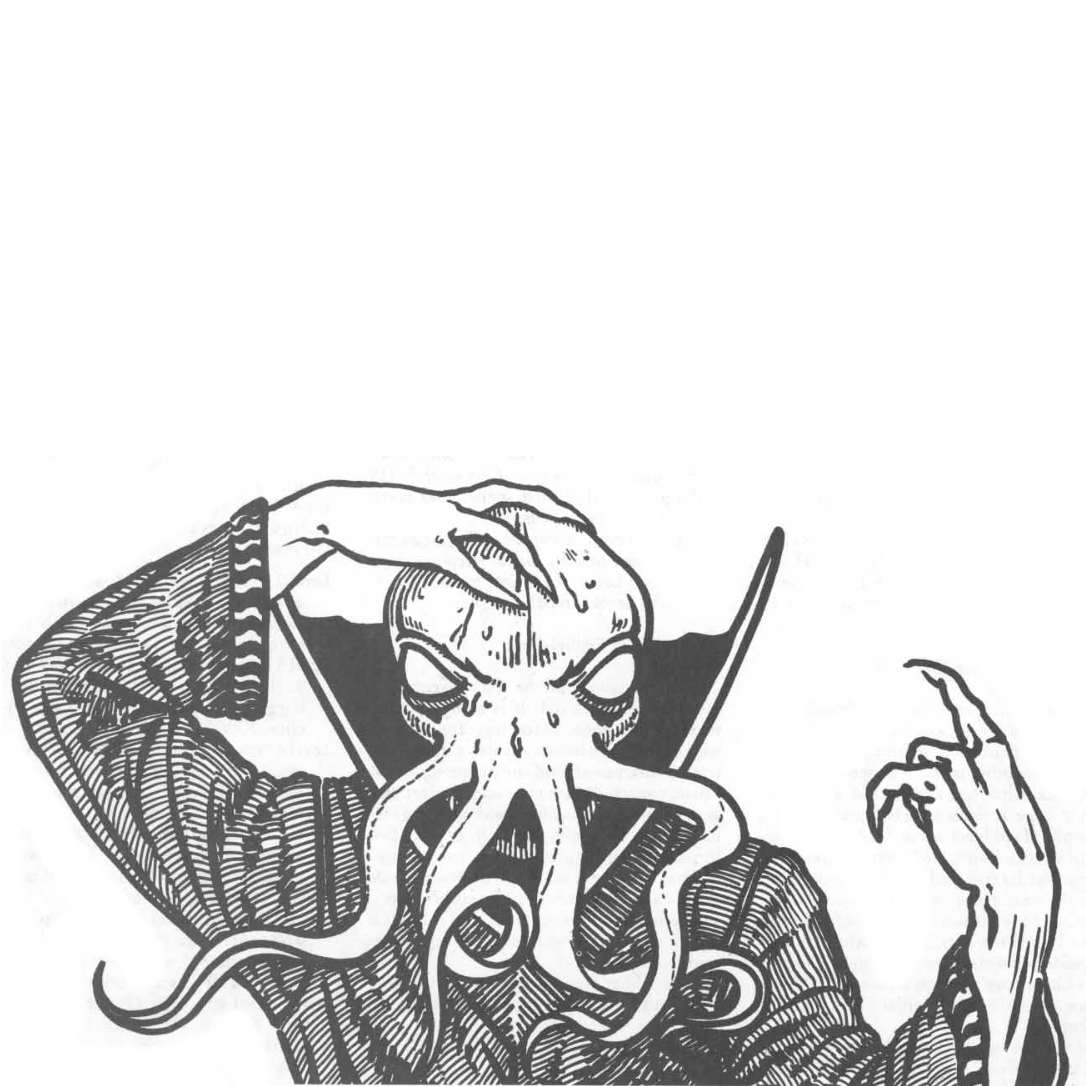A group of my players brought this up. I let them know that was fine, but the monsters would be able to return the favor.
We decided “the weave” determines the angle of squares (no diagonals).
Gelatinous diamond just doesn’t sound right.
There’s a diagram for building circles in Minecraft that would probably be the fairest way of handling AOE with a grid system.
Generally I’ve seen it rules that the overlap needs to cover >50% of the square to affect it. In which case you have the exact same coverage as before. But in this case I’d just rule that we shift the grid 45 degrees so it lines up again and move units to the closest square that aligns. I.e. don’t use geometry to try to munchkin.
There’s a bunch of grid-based shapes that pertain to the rules of 5e as well if you need that. Also 5e fun fact: a circle or radius affect is going to look like a square since diagonal distance is not accounted for, but in Pf2e it looks closer to an actual circle.
5e accounts for diagonal distance. Each second diagonal is 10ft. A 10ft. radius sphere spell would cover this pattern on the ground:
OOOOOOO
OOXXXOO
OXXXXXO
OXXXXXO
OXXXXXO
OOXXXOO
OOOOOOO
…lemmy formatting kills that but you get the point I hope.
Hex is the superior square
Ahem… I think you mean, “hexagons are the bestagons”
Easy, don’t use grid squares, use zones.
This meme brought to you by theater of the mind gang.
This works for situations where exact positioning isn’t too important. When want to have AoE spells, move speed, flanking, and battlefield control, it generally because difficult to ensure that the GM and the players have the same picture of the battlefield. Even just drawing it out roughly can help a lot, but pure theatre of the mind really works best when you only care about distance rather than relative positioning and complex battlefield conditions.
I would love to play theatre of the mind, but my table collectively has the spatial awareness of a barnacle.
This brings us back to zones, a good middle ground. Draw rough map, or great map, and on it mark intresting combat zones. Some are separated with emptiness, others by obstacles.
For example a tavern brawl. Zones could be the Bar, Kitchen, Common Room, Balconies, Private Rooms, Out Front and Out Back.
Fighting on the Balconies could be tight, only one in width and with the risk of being thrown off it into the Commonroom. In the Kitchen there would be fire hazards, improvized weapons, knifes and the Stew. Not to forget other ways to spice things up in there. Around the Bar there would be some cover fighting someone on the other side, bottles to be broken and combatants to glide alond the bar for maximum mental damage.
And so on. Make each zone memorable and with special features. Did I mention drawing it out really helps?
Just drawing the situation out, even roughly, is already an enormous step forwards from theatre of the mind, and is doing most of the heavy lifting here. It’s also not “theatre of the mind,” like the original poster is implying. It’s a map, just one without grid-spaces or precise distances.
The more abstract the map is the more of a support for TotM it becomes. I selfom do a map, rather a flowchart. Quicker, easier and knocks out the last desire to measure things.
This is a legitimate problem with the measurement of parts.






